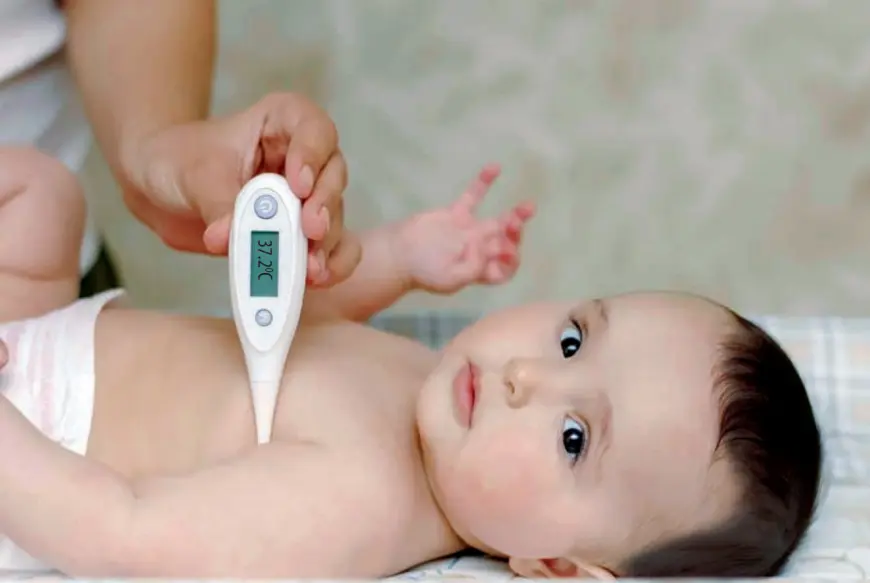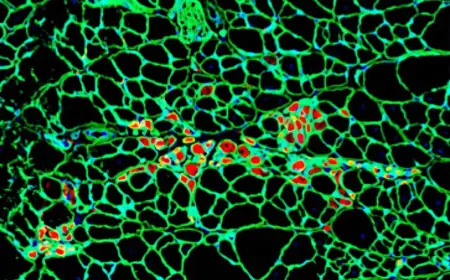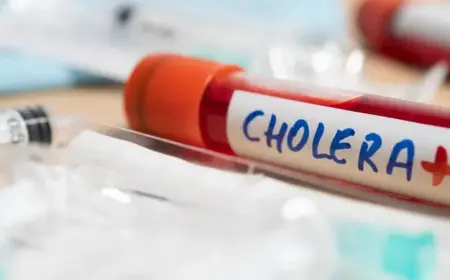Children's Fever: Fever-Reducing Medications and Health Tips
Children's Fever: A Body's Protective Response

When a child has a fever, it is often the body’s first response to fight off harmful pathogens. An increase in body temperature signals that the immune system is active and preparing to combat bacteria, viruses, and other harmful microorganisms. Fever is a natural defense mechanism, helping the body defend itself from infections. However, understanding when and how to use fever-reducing medications plays a crucial role in protecting children's health.
Fever-Reducing Medications: When and Why Should They Be Used?
Fevers in children can be triggered by various causes, and body temperature can fluctuate based on numerous factors. A temperature between 37.2°C and 37.4°C is generally considered a normal range and doesn’t usually require concern. A fever above 38°C, however, may require attention and is when fever-reducing medications might be necessary. These medications should only be used when recommended by a doctor, and they must be selected according to the child's specific needs.
Doctors and Child Health: Medication Selection and Guidelines
To reduce fever, common medications include ibuprofen and paracetamol. While these medications are effective at reducing fever, the exact dosage, type, and frequency of administration should be determined by a healthcare professional based on the child’s age, weight, and overall condition. On the other hand, medications like analgin and aspirin should not be used in children, as they can lead to severe conditions such as Reye's syndrome.
Additionally, when choosing medications for a child, it is essential to consult with a doctor to ensure the medication is appropriate and tailored to the child's specific health needs.
What Actions Should Be Taken When a Child Has a Fever?
-
Before Medication: Body Temperature and Comfort: When a child has a fever, it is crucial to ensure the child is kept comfortable and clean. Lightweight, soft clothing can help reduce discomfort and assist in managing the fever.
-
Hydration: It is important to provide fluids to a child with a fever. Drinks like compote, lemon tea, or chamomile tea are good options that help keep the child hydrated.
-
Consulting a Doctor: Before administering any medication or taking additional measures, it is important to consult a family doctor. The doctor can recommend the most suitable medication for the child’s condition and provide further guidance.
Conclusion: Protecting Children's Health
Fever is a natural bodily response that shows the immune system is actively working to fight off pathogens. Fever-reducing medications should only be used when prescribed by a doctor, in the appropriate dose. These medications and measures should be safe and beneficial for the child’s health. The best approach to managing a fever is to consult a healthcare professional and carefully monitor the child’s physical condition.
Fever in children is essentially a protective internal process. This natural reaction plays a vital role in protecting the child’s health. By using appropriate methods and seeking expert advice, caregivers can help manage a child's fever effectively and ensure the immune system functions properly.



























